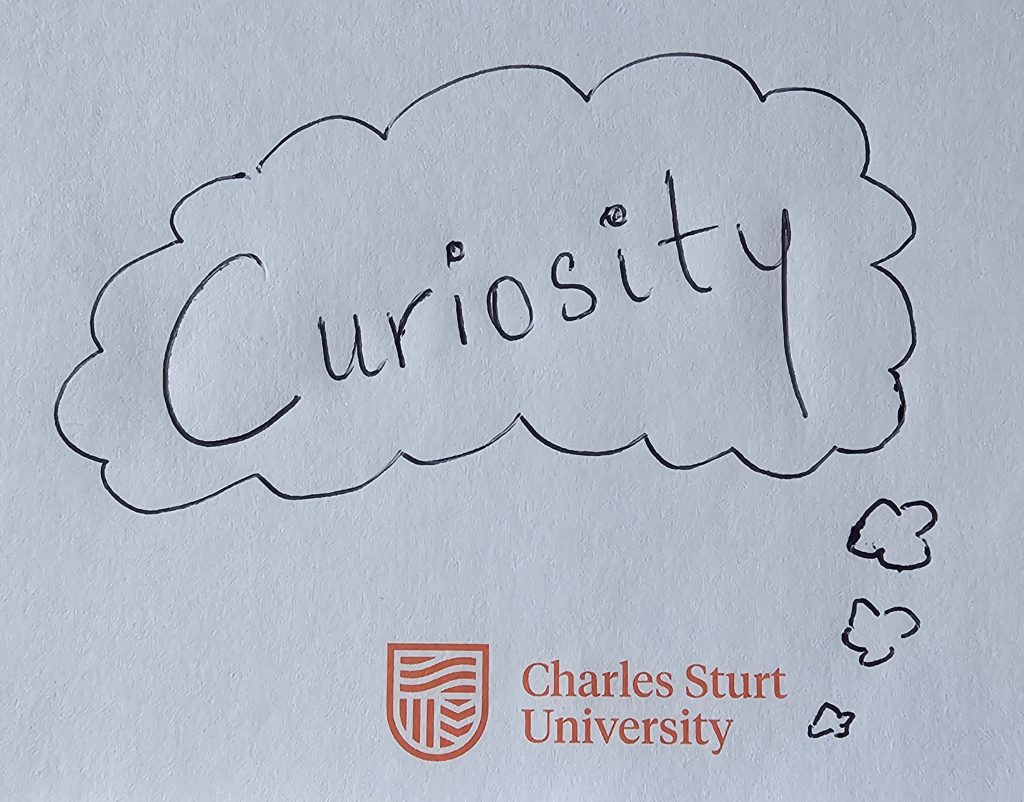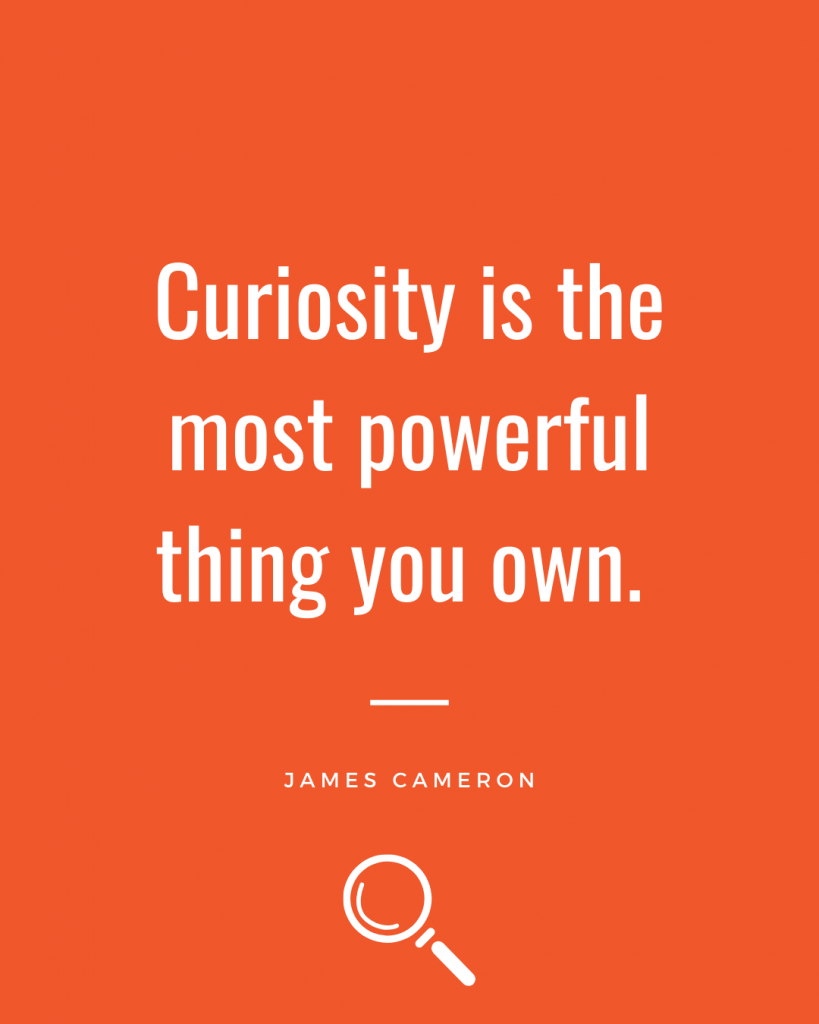Written by Lewis Donaldson
You probably know what it means to be curious, but how many of us actually take advantage of this trait?
What are the benefits of being curious and how can we use it to drive our success?
It wasn’t until a trip to France with my family last year where I figured it out. Our tour guide seemed to know everything about everything. From French medieval history to farming.

I’d ask her a question and she had the answer. If she didn’t know, she went and found out. I asked her why she was like this, to which she simply responded: “I’m just curious”.
This encounter made me realise that curiosity was a huge factor to her success from her time at university to in-demand tour guide. She also speaks four languages. Curiosity meant she was always learning, improving and fueling her success.
So How Can You Become Curious?

- Always ask questions
- Be interested in everything
- Read widely
Cambridge Dictionary describes curiosity as the “eager desire to know or learn something”.
Believe that every conversation or interaction is an opportunity to learn something new. An opportunity to become smarter and more interesting.
You’ll have content to keep conversations flowing. You’ll be able to answer (and ask) more questions. You’ll be able to make friends easier by showing an interest in others.
And most importantly is don’t be afraid to ask questions, even if it’s a “dumb question” – you’ll be better off knowing the answer.
Whether this is asking a friend, a lecturer, a stranger or simply searching for the answer yourself, when you stop wondering, you stop learning.
What are the Benefits?

There’s plenty of benefits of being curious, but here’s just a few:
- Overcome fear → when you’re willing enough to learn new things, you’ll be more comfortable with facing the unknown
- Strengthen friendships → by asking your friends more about themselves, they’ll be more willing to open up, share and learn about you
- Develop empathy → rather than simply judging people, you can figure out where they’ve come from and the reasons for why they are
- More self-aware → when asking questions, you’ll begin to question your own beliefs and attitudes to work out how to be the best version of yourself
- Become smarter → naturally, by asking more questions, you’ll learn more. Not only will you help yourself, but you’ll be able to help others with the knowledge you gain
What Now?

As a communications student interested in journalism, I realise curiosity is vital. Journalists are always asking questions. It’s a big part of the job.
For you reading this blog, take social media for example. Be curious and question everything you see and read.
Especially with AI, mis- and disinformation hiding in our feeds, it’s getting harder to discern fact from fiction.
Dig a little deeper and you’ll be surprised at what you find.
Charlie blog is a SSAF funded initiative.










